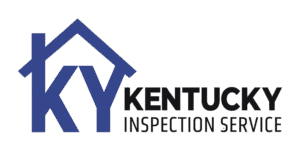Get a Free Quote Today!
Make an Appointment Today
Service
What Is a Condo Inspection?
A condo inspection focuses on the specific areas and systems within your unit that you own and are responsible for maintaining. Unlike single-family homes, condos have shared responsibilities between individual owners and the HOA, and I know exactly what to focus on.
Here’s what that means for you: You’ll know the condition of everything you’re actually responsible for, without wasting time on items the HOA handles.
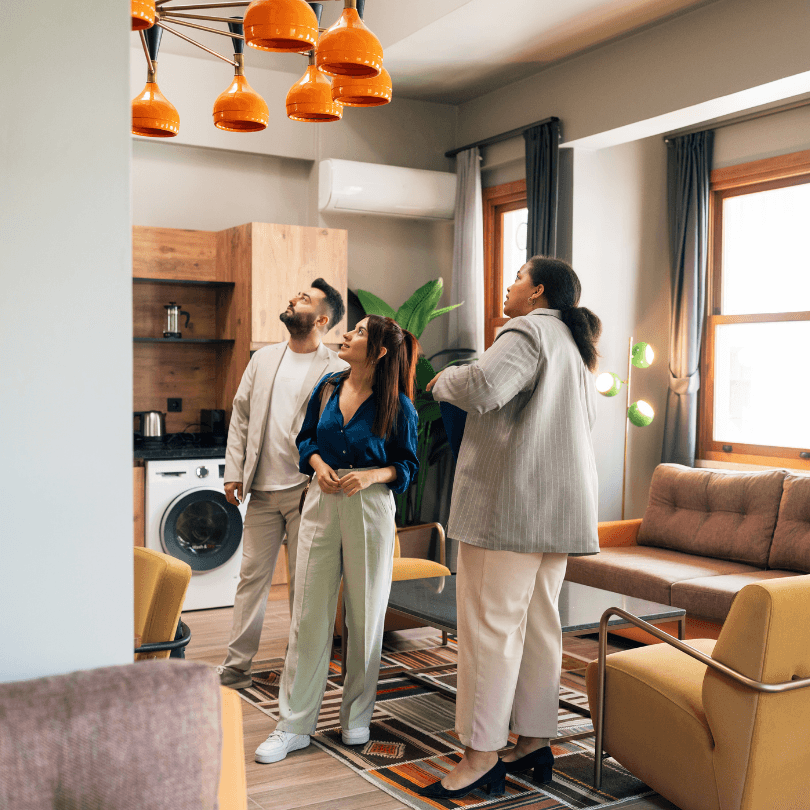
What We Inspect During Your Condo Inspection
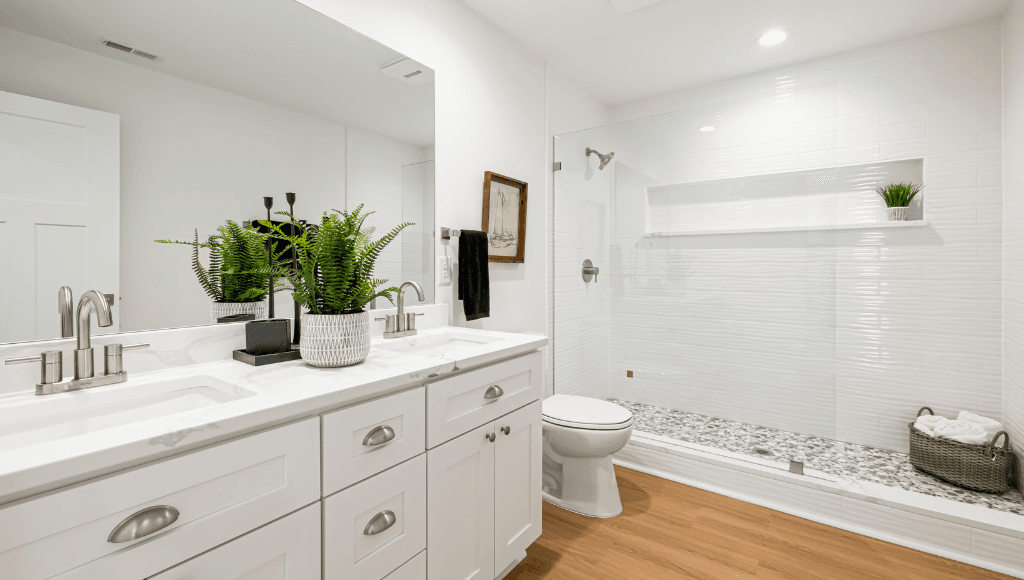
Interior Components
- Flooring, walls, and ceilings
- Windows and sliding doors operation
- Kitchen appliances and cabinets
- Bathroom fixtures and tile work
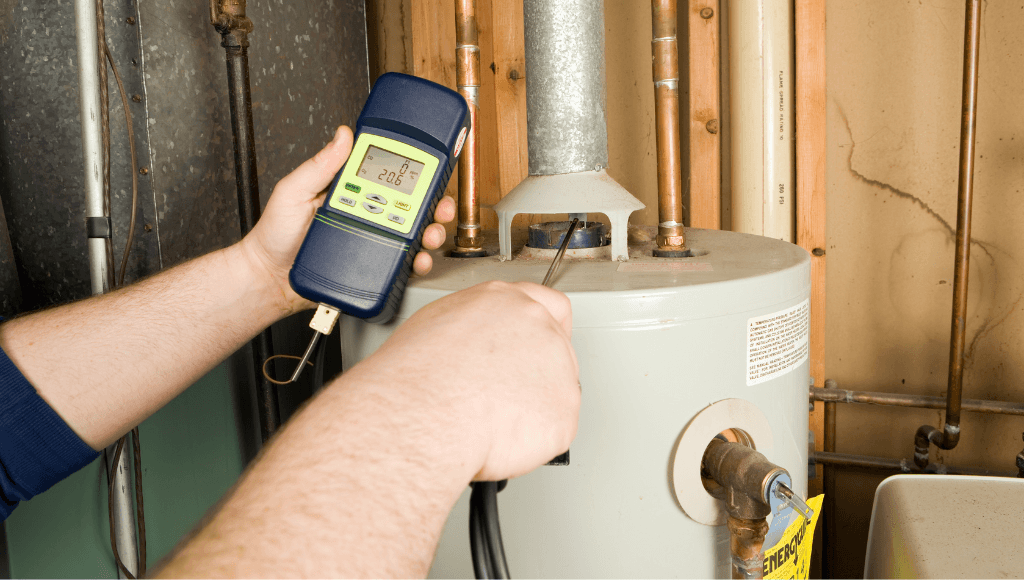
Interior Plumbing Systems
- Fixtures, faucets, and water pressure
- Water heater (if unit-owned)
- Interior supply and drain lines
- Shut-off valves and connections
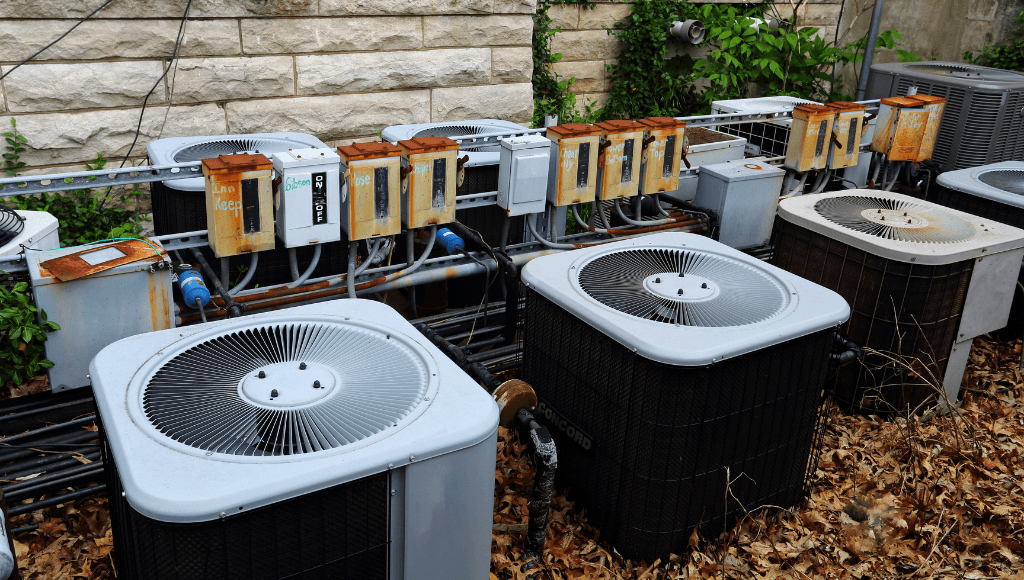
HVAC Systems
- Unit-specific heating and cooling equipment
- Ductwork within your unit
- Thermostat operation and controls
- Ventilation fans in bathrooms and kitchen
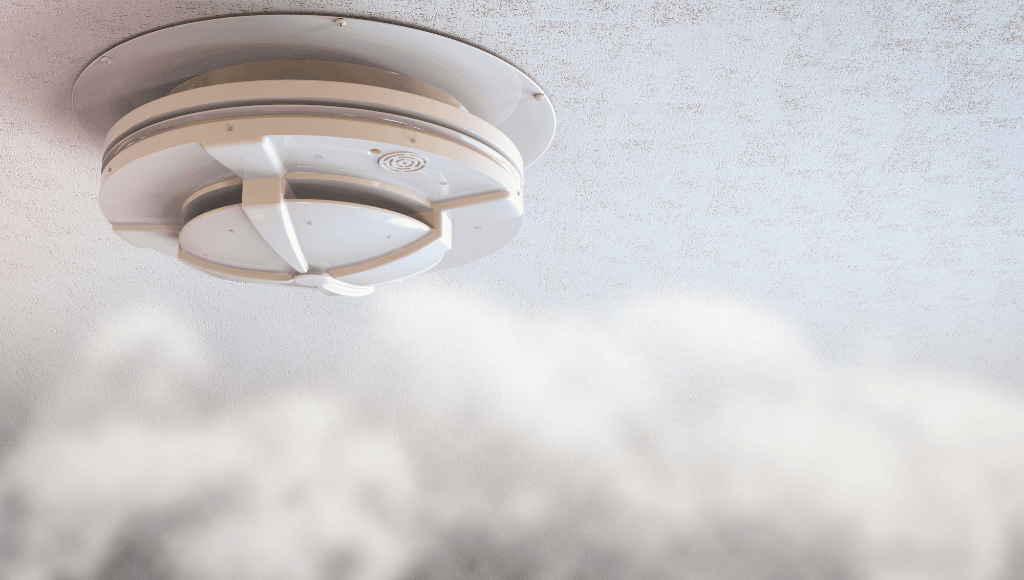
Unit-Specific Features
- Balcony or patio (if unit-owned)
- Storage areas within your unit
- Any upgrades or modifications
- Safety features like smoke detectors
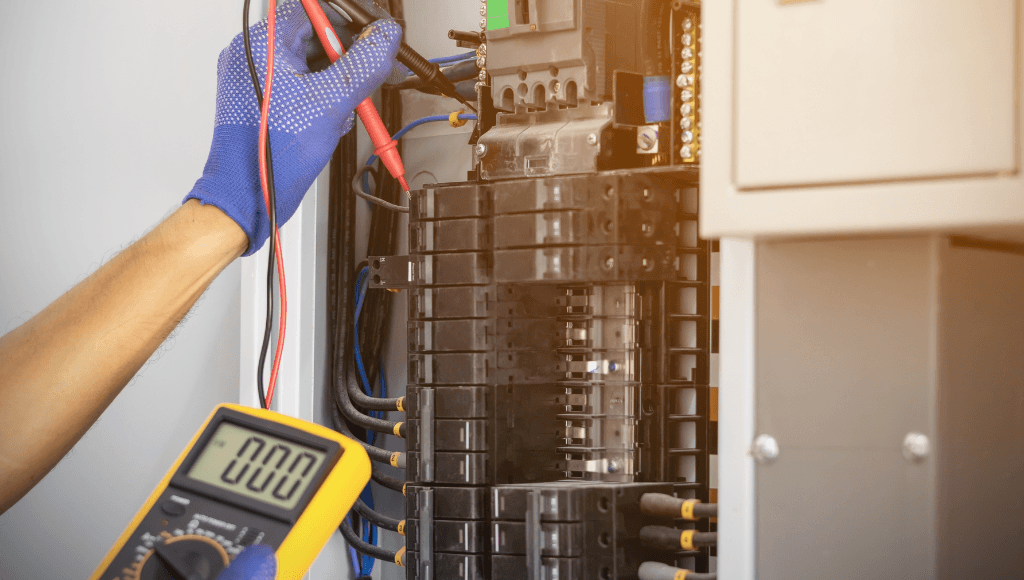
Interior Electrical Systems
- Electrical panel and circuits within your unit
- Outlets, switches, and interior fixtures
- GFCI protection in bathrooms and kitchen
- Any unit-specific electrical components
Why condos need specialized inspection?
Different Ownership Responsibilities
In condos, you typically own everything from the drywall inward, while the HOA handles exterior, structural, and common area elements. A condo inspection focuses only on your responsibilities.
HOA Inspections Don't Cover Your Unit
Many buyers assume HOA building inspections cover everything, but they typically focus on common areas and building systems. Your individual unit needs separate evaluation.
Shared Wall and System Considerations
Condos have unique issues like shared walls, connected utilities, and limited access for repairs. I understand these constraints and inspect accordingly.
Resale and Investment Considerations
Whether you’re buying to live in or as an investment, knowing the condition of unit-specific systems helps you budget for maintenance and understand your actual ownership.
What You Get with Your Condo Inspection
Unit-Focused Written Report
- Detailed findings specific to your unit
- Clear distinction between your and HOA responsibilities
- Priority levels for each issue
- Maintenance recommendations for unit-owned items
HOA Document Review Guidance
- Help understanding what HOA covers vs. your responsibility
- Guidance on reading HOA inspection reports
- Explanation of shared system impacts
- Assessment of HOA maintenance quality
Maintenance Planning Support
- Timeline for unit-specific maintenance needs
- Cost estimates for your responsibilities
- Contractor referrals familiar with condo work
- Long-term ownership cost projections
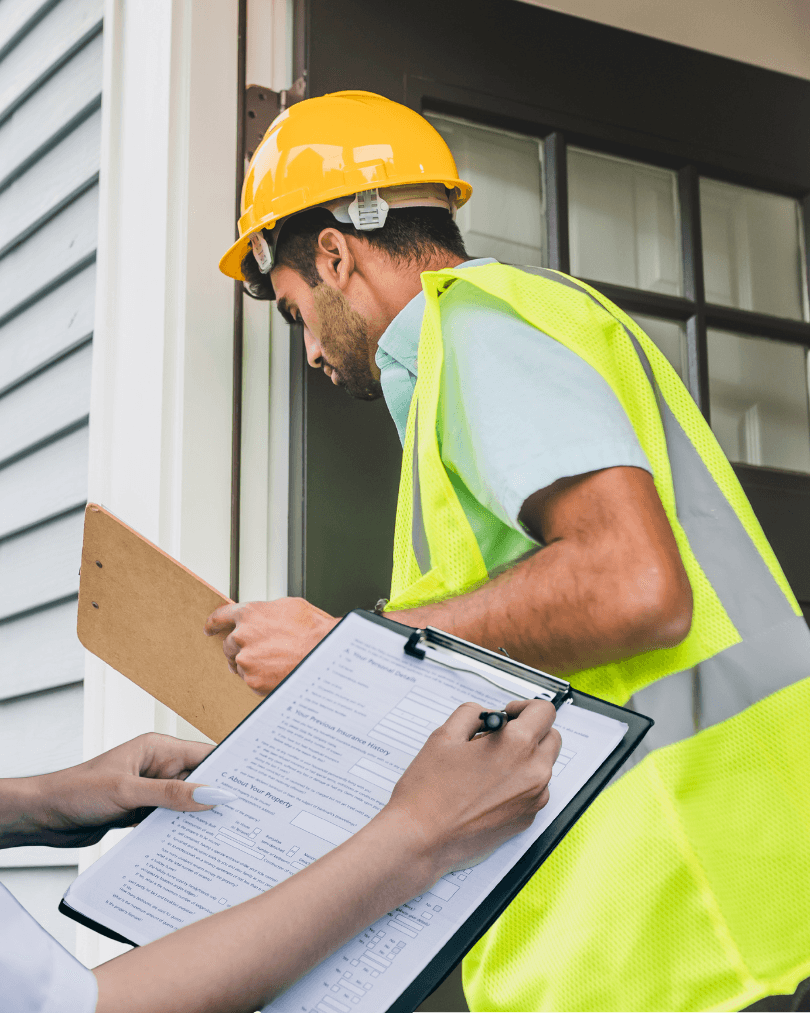
Who Needs a Condo Inspection?
First-Time Condo Buyers
If you’ve only owned single-family homes, condo ownership has different responsibilities and maintenance requirements. An inspection helps you understand what you’re taking on.
Investors Buying Rental Condos
Investment condos need evaluation of rental-specific concerns like durability, maintenance costs, and tenant appeal of unit-specific features.
Buyers in Older Condo Buildings
Older condos often have unit-specific systems that may need updating or have different maintenance requirements than newer buildings.
Buyers Considering Condo Conversion
Buildings converted from apartments to condos may have unique ownership boundaries and system configurations that need professional evaluation.
Understanding Condo vs. HOA Responsibilities

Typically Your Responsibility
- Everything from drywall inward
- Interior fixtures, appliances, and finishes
- Unit-specific HVAC, electrical, and plumbing
- Interior maintenance and repairs
Typically HOA Responsibility
- Building structure and exterior
- Common area systems and maintenance
- Roof, siding, and building envelope
- Shared utilities and infrastructure
Gray Areas to Clarify
- Windows and sliding doors (varies by HOA)
- Balcony or patio maintenance
- Utility connections at unit boundaries
- Special assessments for building improvements
Common Condo Inspection Issues We Find
HVAC Problems
- Unit-specific equipment needing service
- Ductwork or ventilation issues within the unit
- Thermostat or control problems
- Inadequate heating or cooling for unit size
Plumbing Concerns
- Fixtures needing repair or replacement
- Water pressure or flow issues
- Unit water heater problems
- Shut-off valve access or operation
Electrical Issues
- Outdated electrical panels within units
- Inadequate outlet placement for modern needs
- GFCI protection missing in required areas
- Circuit capacity issues for unit loads
Interior Finish Problems
- Flooring wear, damage, or installation issues
- Window or sliding door operation problems
- Kitchen or bathroom fixture concerns
- Paint, tile, or finish maintenance needs
Condo Inspection Process
Review HOA Documents First
Before inspection, I’ll review available HOA documents to understand ownership boundaries and what systems are your responsibility versus the association’s.
Unit-Focused Inspection
I’ll systematically examine all unit-owned systems and components, testing operation and evaluating condition within the context of condo ownership.
Shared System Assessment
Where your unit connects to building systems, I’ll evaluate the condition and function of those connections and interfaces.
Immediate Consultation
I’ll explain any findings in the context of condo ownership, helping you understand repair responsibilities and maintenance obligations.
Ownership Clarity Report
You’ll receive a report that clearly distinguishes between your maintenance responsibilities and HOA obligations, plus guidance on managing both.
Ready to Understand Your Condo Investment?
Don’t assume the HOA covers everything. Know exactly what you’re responsible for and what condition it’s in.
Frequently Asked Questions
Do I need an inspection if the HOA just had the building inspected?
Yes. HOA building inspections focus on common areas and building systems, not the condition of individual units and unit-owned systems.
What if I can't tell what's my responsibility vs. the HOA's?
I’ll help clarify ownership boundaries based on your HOA documents and typical condo ownership structures. This clarity is part of the inspection value.
How is a condo inspection different from a house inspection?
Condo inspections focus on unit-owned systems and interior components, while house inspections cover everything. The scope is more limited but equally thorough for what you actually own.
What if problems require HOA approval to fix?
I’ll help you understand which repairs need HOA approval and provide documentation that supports any necessary applications or requests.
Should I review HOA financials separately?
Yes. While I focus on physical systems, HOA financial health and reserves are separate considerations that affect your long-term ownership costs.
